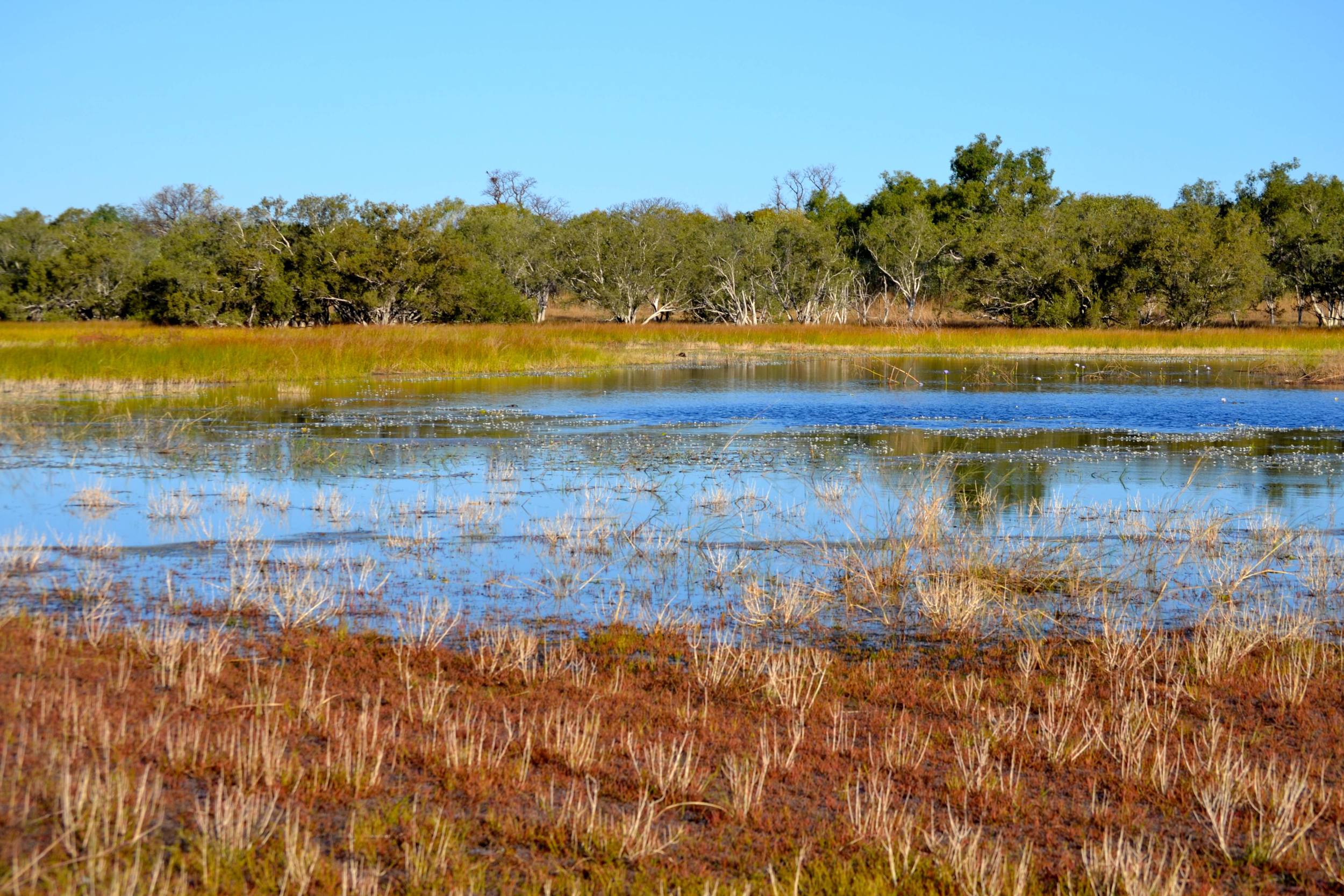Pearson's critics enjoying 'national sport'
This article was published in the 'Comment' section of the Sydney Morning Herald on the 27th of August 2014. It's by Rachel Perkins and the original can be found here.
***
Anyone who chooses to be an Aboriginal leader has to be mad.
I realised this early in life, growing up as the daughter of one of Australia's most prominent Aboriginal leaders, Charles Perkins.
Noel Pearson follows, more than any other, in the footsteps of my father. My fear is that he will meet the same fate in the face of a determined agenda to publicly destroy him.
I have observed Aboriginal leadership buoyed and destroyed in a manner something like national sport. Who will topple the next Aborigine who assumes a higher status than their station? How dare an Aborigine challenge the press, blast the bureaucrats and politicians? How dare an Aborigine think they are more expert on Indigenous affairs? Let's watch as we bring them down.
The first smell of blood came two years ago when journalist Tony Koch wrote in The Australian, denouncing Pearson, mostly for his verbal abuse of another journalist. It was widely quoted as evidence of Pearson's lack of leadership strength. The Good Weekend followed with a lengthy expose four months later, which coincided with Pearson's cancer treatment, making him unable to participate. The most recent instalment came last week in this newspaper. All these articles take a somewhat resentful view of his success with government in achieving policy and financial support for his social change programs. But what really gets them outraged is Pearson's abuse of journalists.
Journalists are in the business of scrutiny and criticism. It should be no surprise to on occasion be on the receiving end of the same treatment. I think we would all agree that no one likes to be abused and sworn at. But let's be real, most journalists have heard the "f" and "c" words, mostly in their own news rooms. If we wrote off all the leaders in history who have sworn at journalists and bureaucrats we would have few to put up on our pedestals.
In the first article Tony Koch wrote: "There was a time - not so long ago, actually - when I believed Pearson had the potential to mature into a leader for both black and white Australia, perhaps even into the space once occupied by the late, great Charles Perkins".
My father had the fire in the belly that Pearson has. He chose a different vocabulary such as "you mongrel bastards", but his indignity at malicious journalism and ill-informed government policy rolled out by ignorant bureaucrats, was fierce. In our household small appliances and phones fell victim to his rage at budget cuts, bad journalism and vindictive ministers.
Few will have any idea what it means to be at the very coalface of the fight for indigenous Australians, struggling every day to turn the tide against chronic social problems and ingrained historical disadvantage, with little political power as an extreme minority. Can you imagine watching your people dying in front of you and taking responsibility for it? I know what it's like only because I have lived alongside it. I don't have the courage to take responsibility on a national scale for it every day of my life. My father did and Noel Pearson does.
Pearson's philosophy is spreading. Indigenous people across Australia support him. They are not necessarily the loudest of our mob, but they quietly agree. To you I say, do not swallow the negative gossip. Make your own mind up and if you are really interested in what's going on in indigenous Australia make an effort to read what Pearson writes, rather than the out-of-context quotes. It is bracing, transformative thinking, underpinned by international modelling, research and deep consideration.
It is an agenda for national, social transformation using policy as levers for profound change. This is no easy short-term task. It is ambitious but progress is being made.
Do we allow Pearson and his vision to be publicly destroyed? Leaders of his calibre do not come along every day. They are carved deep out of the history of the country and are driven by a singular determination. Like my father, who lived by the grace of a kidney transplant, Noel Pearson beat cancer, got off his deathbed and continued his work without hesitation.
Pearson has said of my father that he "takes his political fearlessness most to heart. It is his example of fearlessness that I aspire to follow".
Fearless in confronting Aboriginal people themselves and being hated by them for it. Fearless of making allies of hostile people to progress your agenda. Fearless in continually experiencing defeat, yet continuing. Fearless in being faced by a tsunami of ignorance and resistance and still believing in change.
Noel Pearson is one of these fearless people who is mad enough to be an Aboriginal leader. Let's hope he doesn't regain his sanity any time soon.



